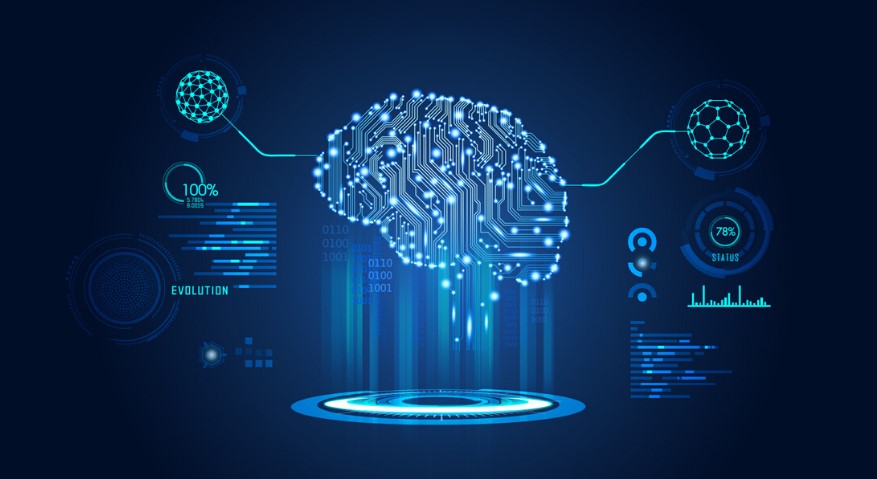
What is machine learning and why is it important? For those who aren’t familiar with the concept, machine learning is a subset of artificial intelligence. It involves the use of statistical models to predict outcomes. It can solve complex problems involving large volumes of data in business. It can automate repetitive tasks and improve customer loyalty. Here’s how machine learning works in the real world. It’s a fast-growing field that’s driven by advances in computing technology.
Machine learning is a subset of artificial intelligence.
Machine learning is a branch of artificial intelligence with tremendous potential for many use cases. Its applications span science, healthcare, construction, and energy. For example, image classification using machine learning algorithms assigns a label to images based on a predefined set of categories. Other uses include modeling 3D construction plans based on 2D designs. Medical diagnostics can also benefit from machine learning. Machine learning is already being used to improve patient care.
Artificial intelligence refers to the science of building programs that learn and improve with experience. Machine learning algorithms are designed to learn from previous data and adapt their performance over time. A subset of machine learning is deep learning, which uses multilayered neural networks to analyze vast amounts of data. While single-purpose AI is designed for a specific application, deep understanding uses large data to train a machine to become more accurate.
It uses statistical models to make predictions.
Machine learning uses statistical models to make predictions. Some examples of data sets used in machine learning are text, images, or audio files. Unfortunately, there are also problems with these datasets. One of the most common issues is the ecological fallacy, which complicates the prediction of unseen data at an individual level. While the error may seem logical on a surface level, it isn’t rational in practice because statistical models implicitly assume that all individuals will be similar.
The PAC model is a statistical model that is used in machine learning. While these data sets are finite, the future is uncertain and, therefore cannot be predicted. This problem makes learning theory ambiguous, resulting in probabilistic bounds on the algorithm’s performance. Nevertheless, it is possible to derive a generalization error measurement, a mathematical term known as bias-variance decomposition.
You can use it to automate repetitive tasks.
One of the many ways that you can utilize AI in business is by automating mundane, labor-intensive tasks. Some of these tasks are simple data entry and require no decision-making, such as data entry. Automating these tasks will allow companies to redeploy human resources to other, more strategic parts of the business. So, while AI robots cannot take people’s jobs, they can make their lives easier and help companies to save money.
In many businesses, the tasks performed by employees are repetitive and routine. These tasks make up the cogwheel of business processes and rules management. Whether these tasks are automated can vary based on the needs of the company, its willingness to invest in the technology, and the organization’s culture. Some companies may opt to automate basic tasks such as answering emails, setting up email filters, or maintaining a blog.
You can use it to improve customer loyalty.
If you want to increase customer loyalty, machine learning can help you do it. This technique uses artificial intelligence to learn from experience, allowing it to optimize a consumer’s path to conversion. More than 60% of marketing executives expect to see significant value from machine learning by 2020.
First, AI helps improve customer loyalty by providing helpful information at the right time. This can help you maximize your marketing ROI and focus on the customers most likely to buy from you again. The same AI can help to prevent negative feedback from spreading across social media platforms and increase customer retention. Machine learning algorithms can also help you improve customer service, as well as create personalized experiences for customers. By applying machine learning to your customer loyalty program, you can see the value in this strategy.
Personalized experiences are a great way to increase customer loyalty. You don’t want to bombard consumers with coupons, but you want to ensure they get what they want. By identifying what customers want and need, you can tailor your loyalty program to make them more likely to purchase from you again. AI can also help improve customer retention by transforming loyalty programs through digitization. For instance, AI can improve customer loyalty by introducing chatbots and moving loyalty programs online.
